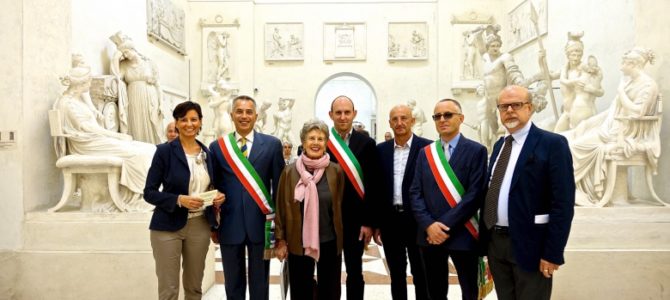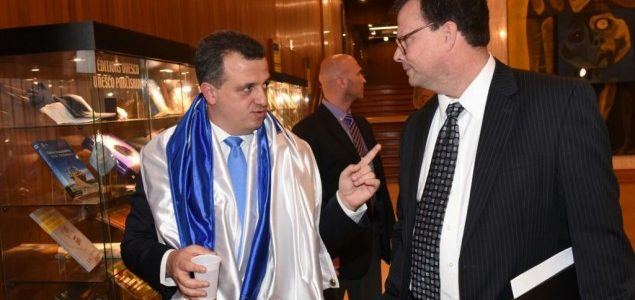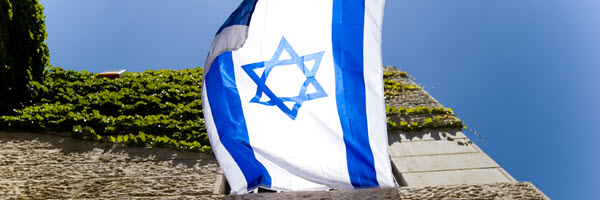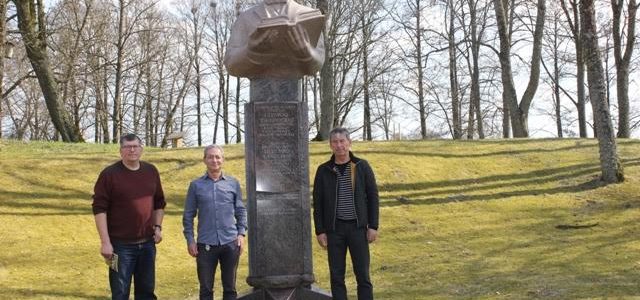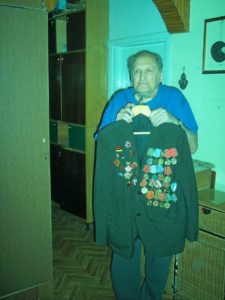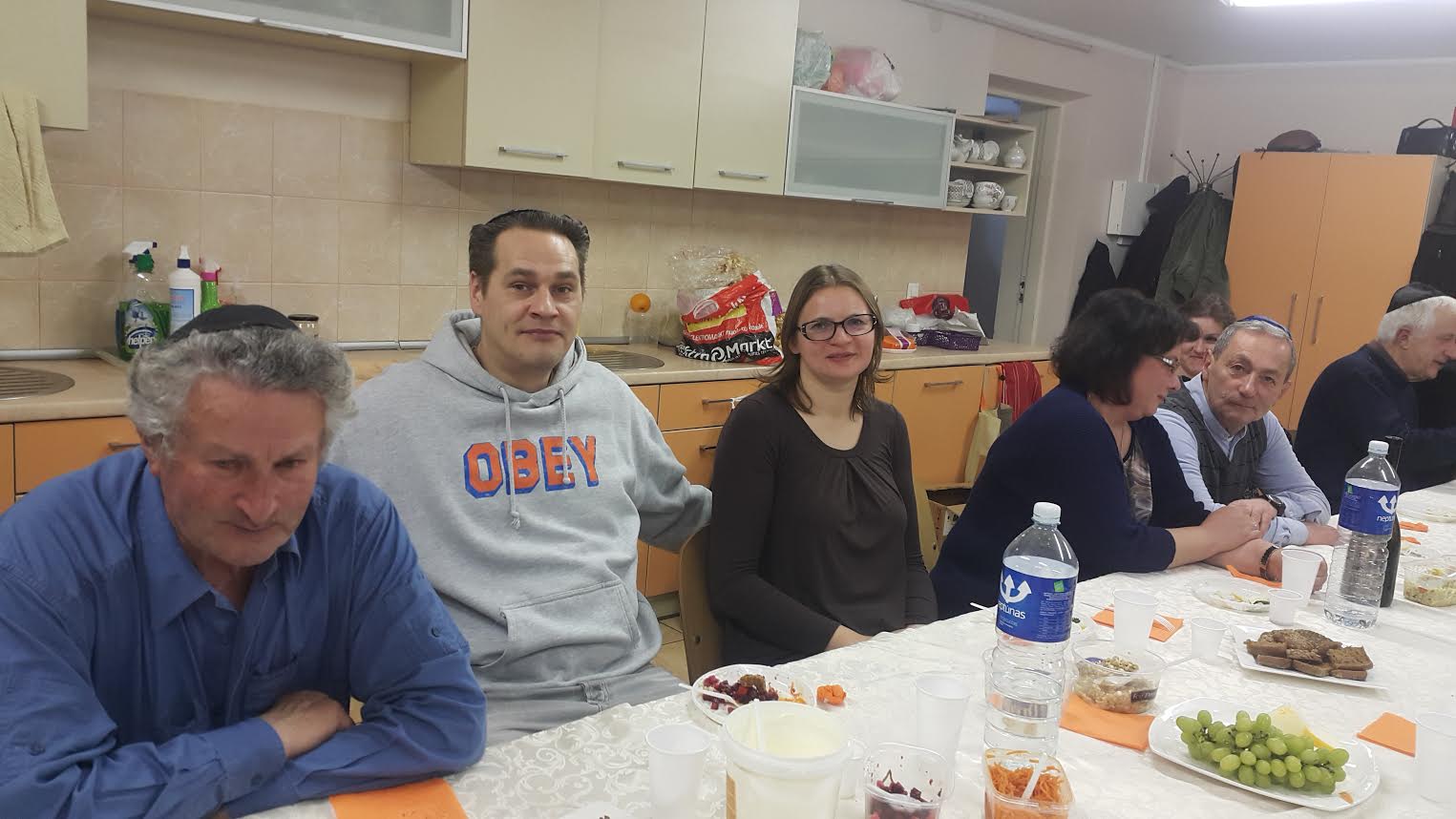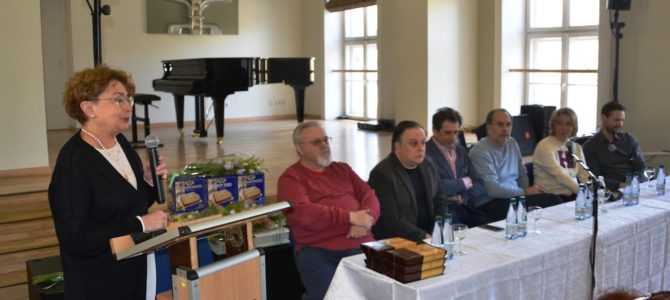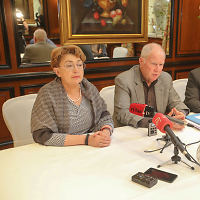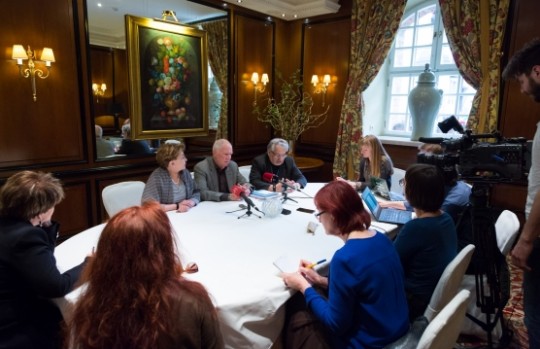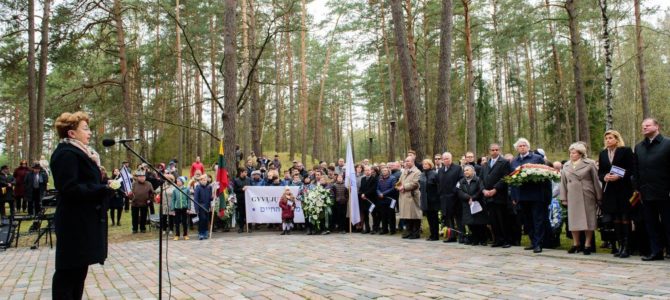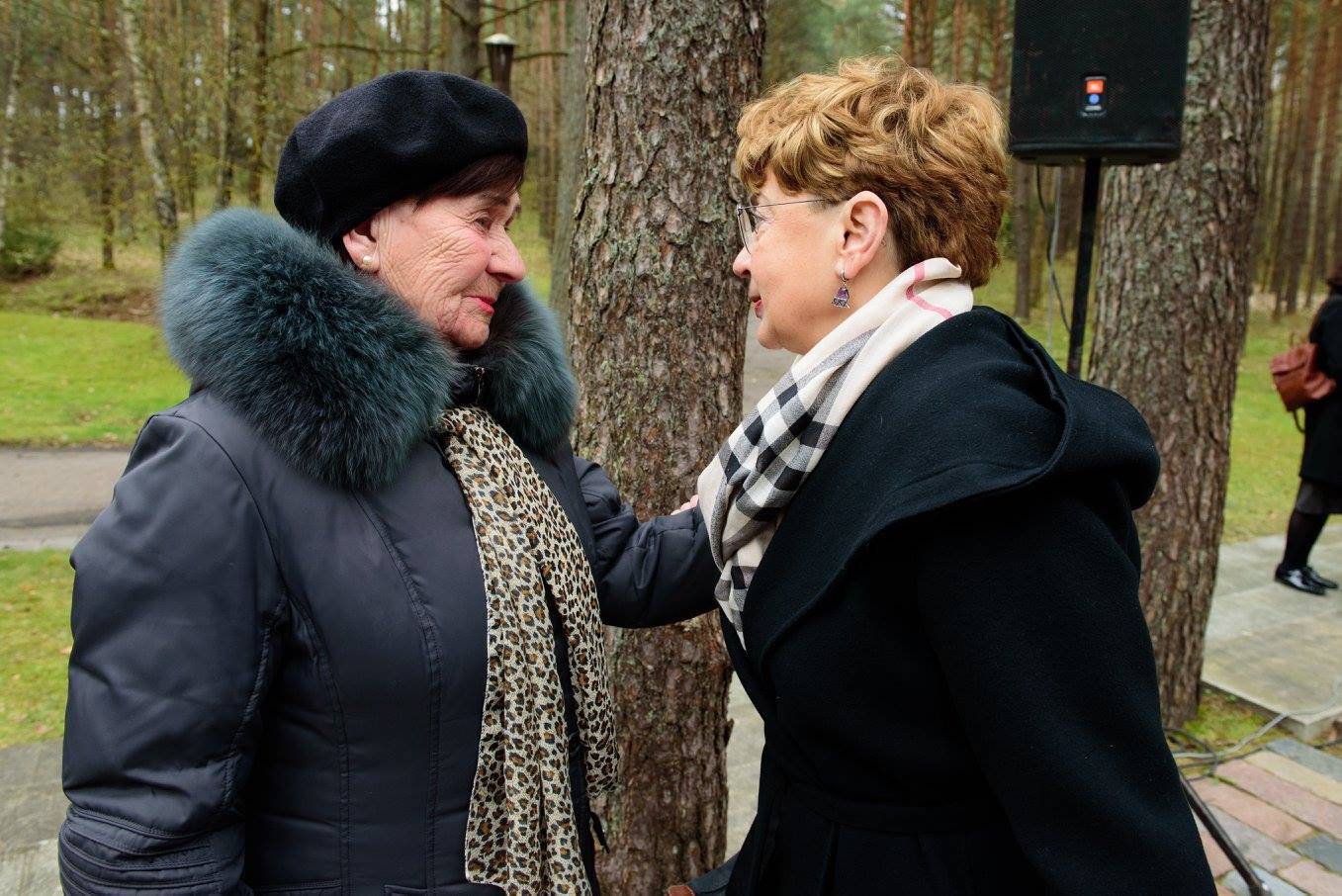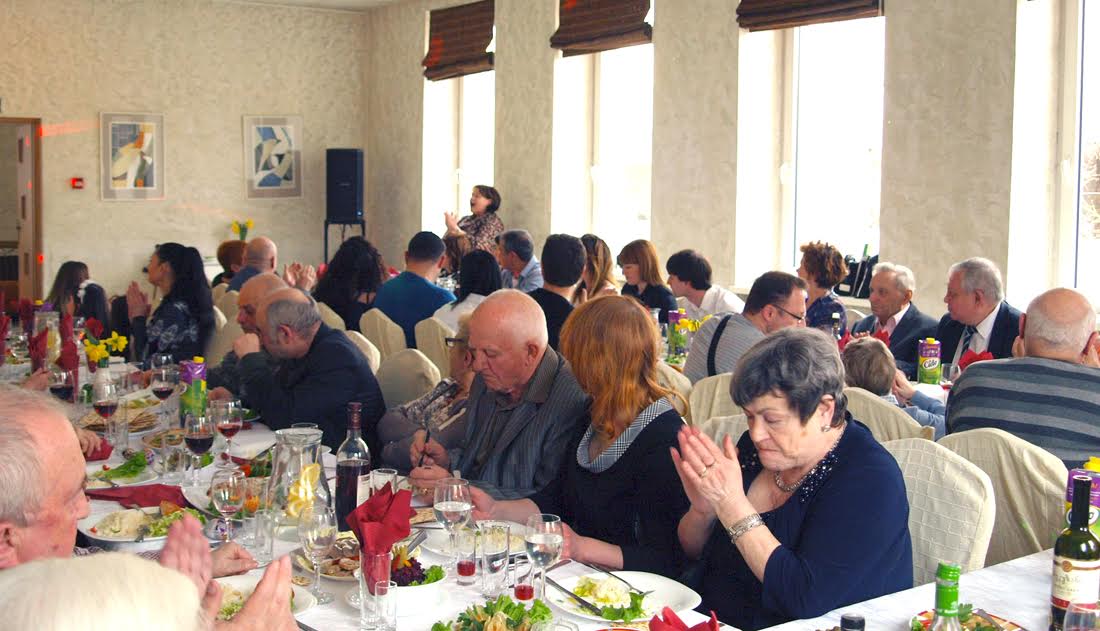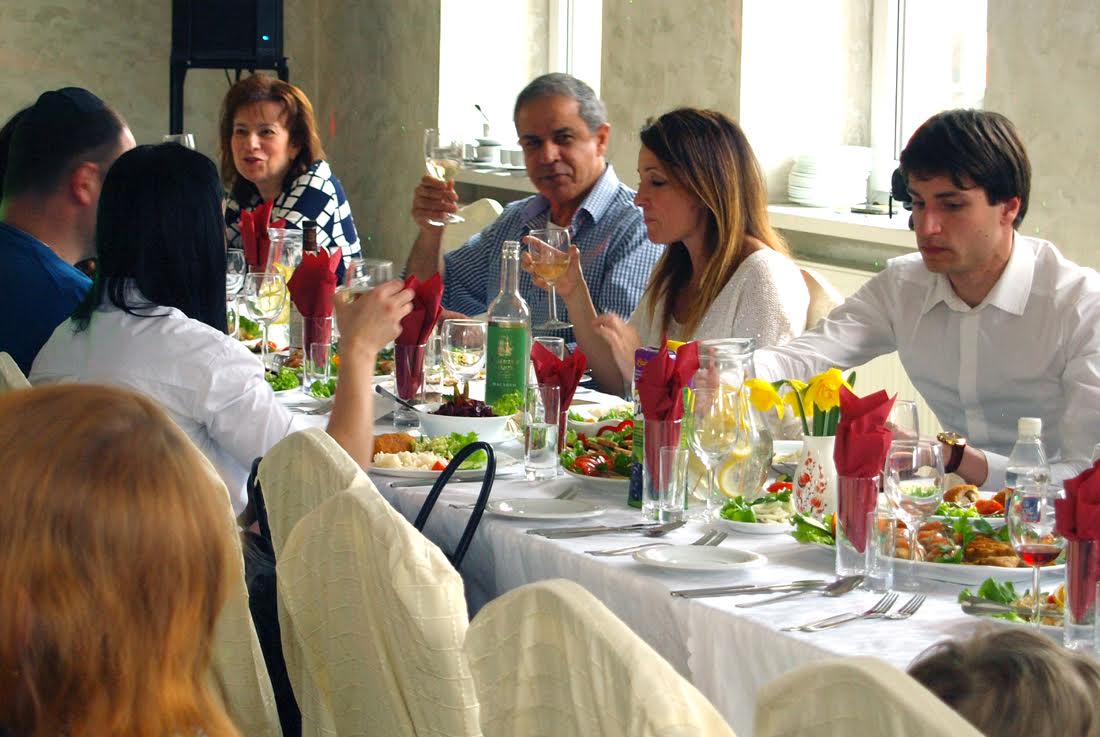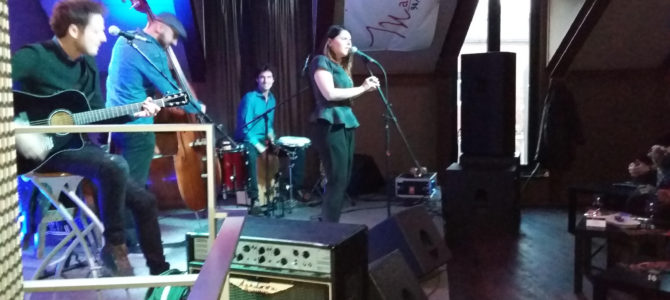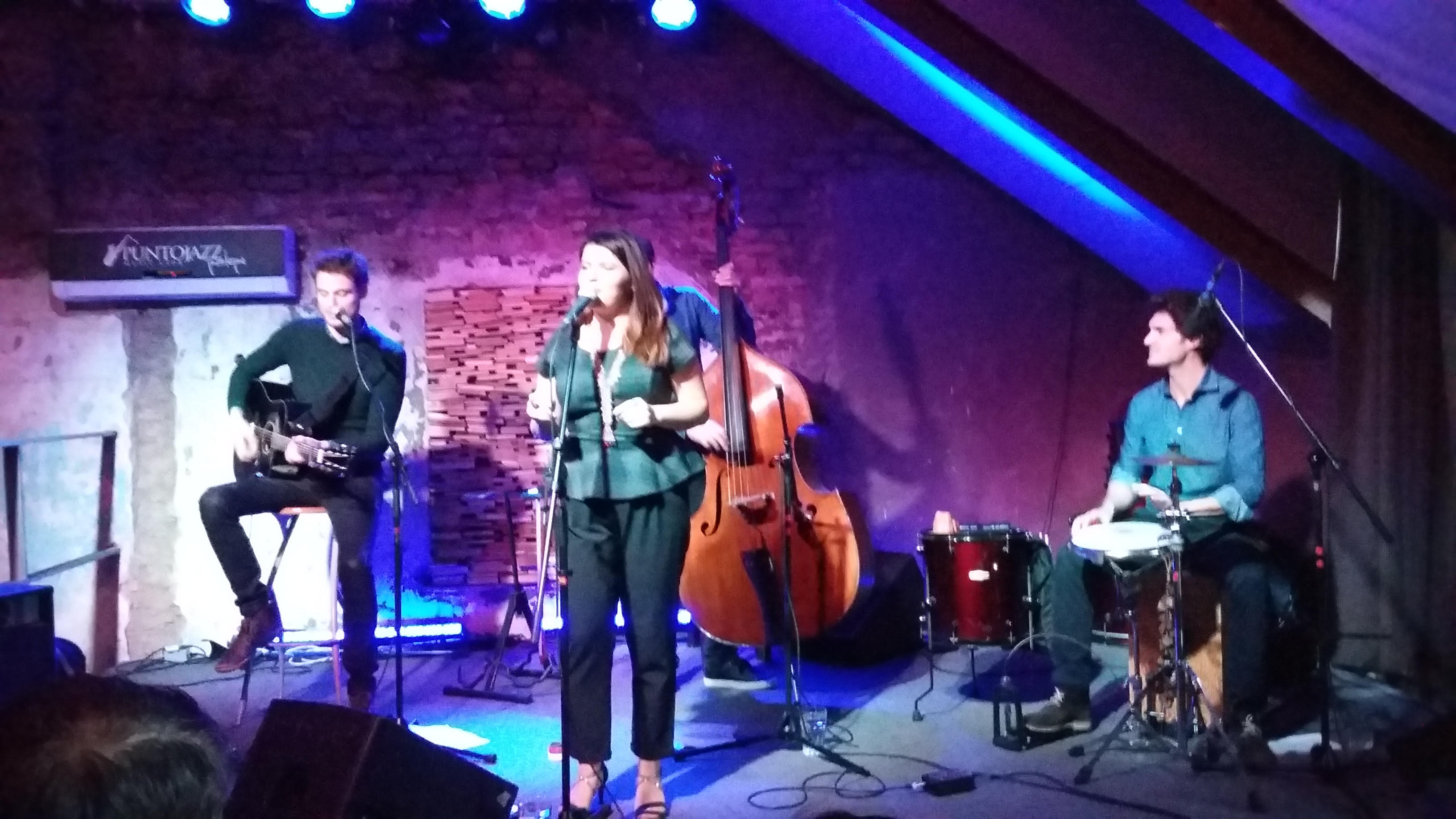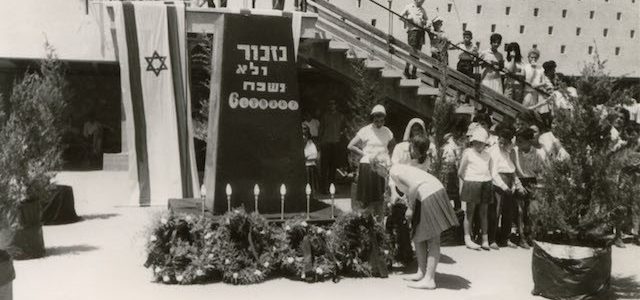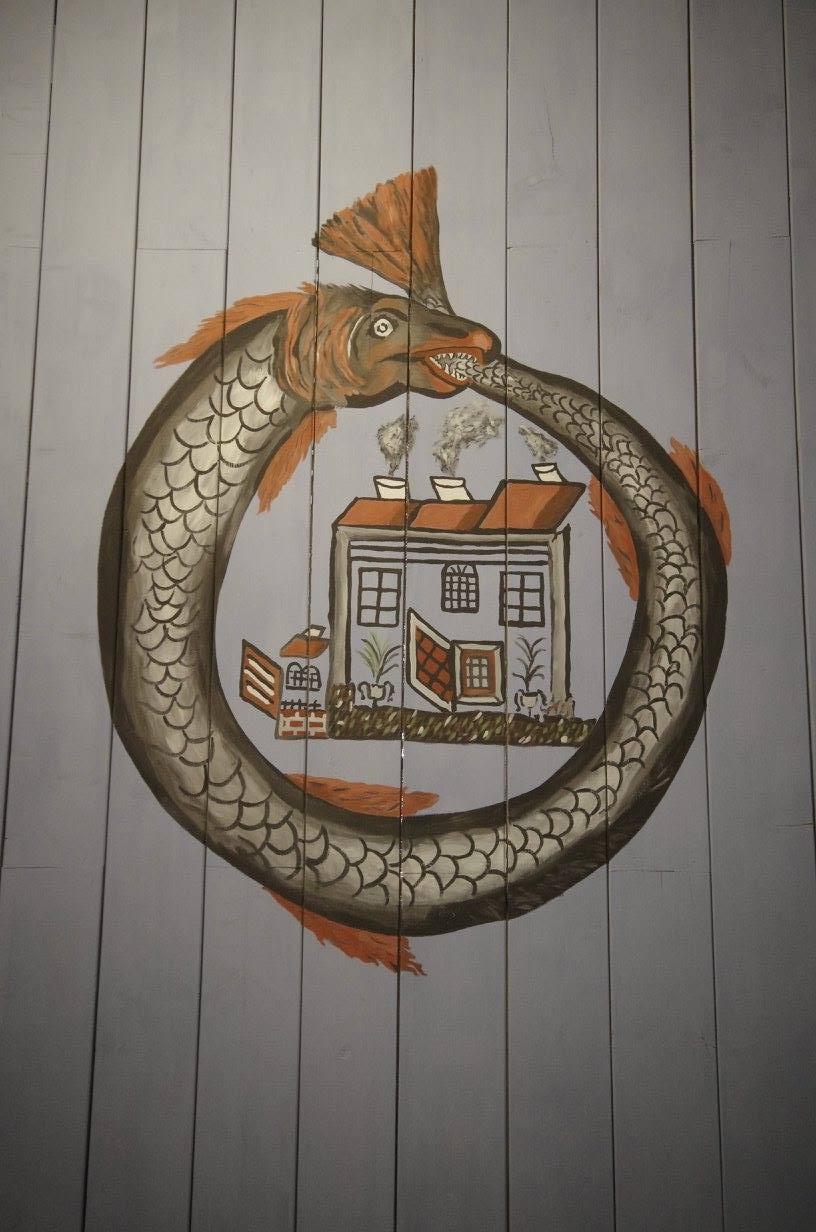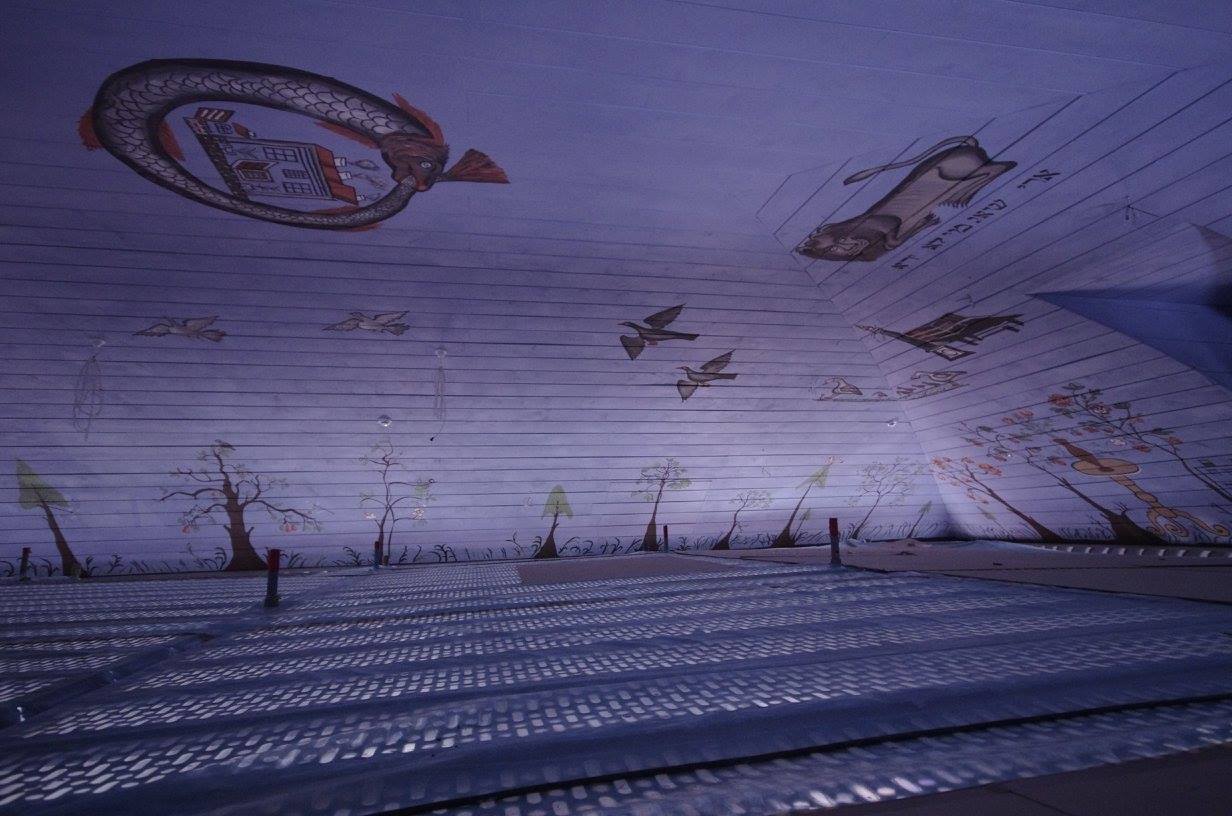Lithuanian Jewish Community
Pylimo street no. 4, Vilnius
To: His excellency, the minister Linas Linkevičius,
Lithuanian Foreign Ministry
APPEAL
May 2, 2017
Honorable minister,
The Lithuanian Jewish Community and world Jewish organizations please ask you to consider new draft proposals for the United Nations Educational, Scientific and Cultural Organization’s (UNESCO’s) resolution “On Occupied Palestine,” which condemn the State of Israel for “military operations taking the lives of civilian victims in the Gaza Strip” and proclaiming that historical holy sites of the Jewish people, Rachel’s Tomb and the Cave of the Patriarchs, belong to Palestine.
The content of the resolution, in opposition to UNESCO’s mission, displays a specific political tone, is extremely unfair to Israel and serves the interests of only one set of the parties, closing the door on bilateral negotiations between the State of Israel and Palestine. UNESCO is being exploited as a political instrument, exacerbating already strained relations between the states involved.
We ask you please in casting the vote of the Republic of Lithuania at the meeting of the UNESCO executive board to make a decision not opposed to the most progressive democracy in the Near East and the cultural, scientific and educational partner of the Republic of Lithuania.
Respectfully,
Faina Kukliansky, chairwoman


